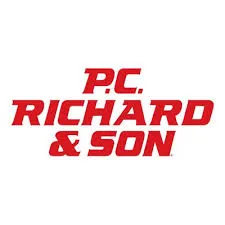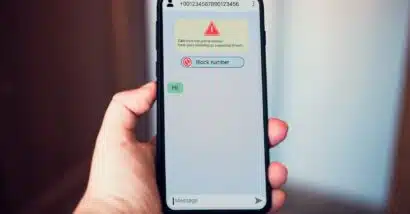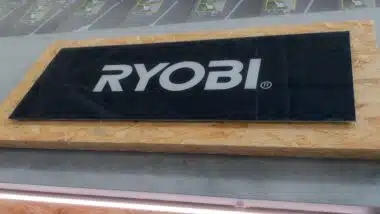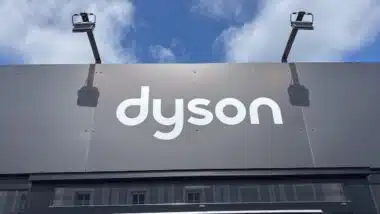 Those who have shopped at the popular New York area appliance retailer may have been the victims of a PC Richard & Son receipt violation.
Those who have shopped at the popular New York area appliance retailer may have been the victims of a PC Richard & Son receipt violation.
Many customers who believe that they have the company has violated the Fair and Accurate Credit Transactions Act (FACTA) have banded together to file a PC Richard & Son receipt violation lawsuit.
The plaintiffs in this PC Richard & Son receipt violation lawsuit claim that PC Richard & Son violated FACTA by printing credit and debit card expiration dates on their customer in-store receipts.
They claim this PC Richard & Son receipt violation was intentional and that the company knew about FACTA’s requirements regarding the expiration date of a card. They also allege that PC Richard & Son knew about a previous violation that they had perpetrated.
According to this PC Richard & Son receipt violation lawsuit, the company participated in intentional, willful and continued use of printing devices that did not comply with FACTA rules.
What is FACTA?
The Fair and Accurate Credit Transactions Act, also known as FACTA, requires that retailers and merchants abide by certain rules that protect consumers from identity theft or credit card fraud.
This type of fraud is the kind that can occur from someone being able to piece together credit card or debit card information from a customer’s receipt.
Merchants can violate FACTA in a couple ways:
- Including any portion of the expiration date on the customer receipt.
- Including any numbers other than the last 5 digits of your credit card or debit card number on the customer receipt.
In 2003, Congress passed FACTA to help with the growing identity theft problem. In essence, FACTA restricts the what a retailer or merchant may print on a receipt in order to keep sensitive information at a minimum.
The important numbers of a credit card or debit card number may be masked with symbols such as * or # on a receipt, to hide the cardholder’s information. This is also known as truncation.
When this is not executed properly, customers can be exposed to credit card fraud and identity theft.
According to FACTA “no person that accepts credit cards or debit cards for the transaction of business shall print more than the last 5 digits of the card number or the expiration date upon any receipt provided to the cardholder at the point of the sale or transaction.”
This federal law obligates all merchants who print electronic receipts including those printed by cash registers, self-service kiosks, and those provided to customers at restaurants to abide by these regulations.
If a customer believes he or she has been the victim of a violation of this and has been exposed to potential risk due to printed information, he or she has the right to file a lawsuit and obtain recovery if a merchant is in willful or negligent violation of this federal consumer protection law.
Free P.C. Richard & Son FACTA Class Action Lawsuit Investigation
If you have received a paper customer receipt from any P.C. Richard & Son store with your personal credit card or debit card expiration date printed on the receipt, you may be eligible to join a free FACTA debit/credit card receipt class action lawsuit investigation.
ATTORNEY ADVERTISING
Top Class Actions is a Proud Member of the American Bar Association
LEGAL INFORMATION IS NOT LEGAL ADVICE
Top Class Actions Legal Statement
©2008 – 2025 Top Class Actions® LLC
Various Trademarks held by their respective owners
This website is not intended for viewing or usage by European Union citizens.














